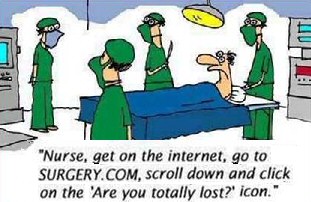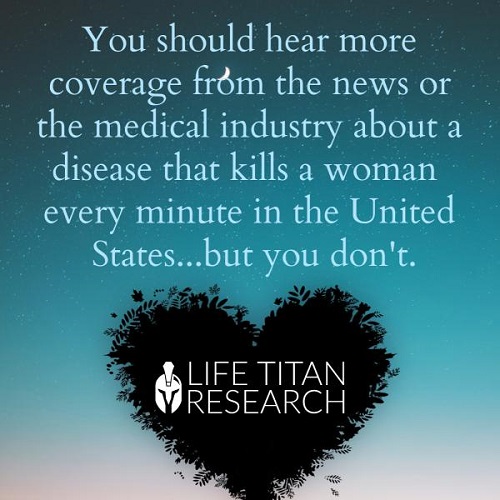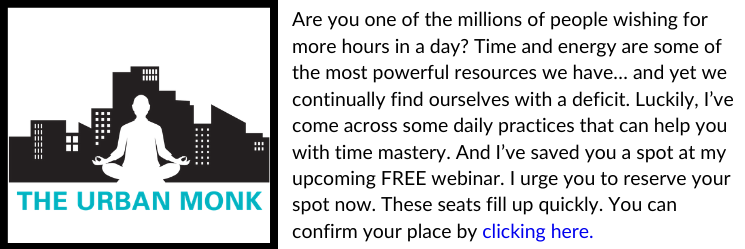VALUING WHERE YOU ARE AT
https://orendablog.ca/2019/11/28/valuing-where-you-are-at/
https://orendablog.ca/2019/11/28/valuing-where-you-are-at/




My GI doc/quack wanted me to go on some Gerd meds. I quickly declined. The last trial of prilosec I had some adverse effects (I had small/large intestinal violent spasms). Even though I had taken this a year prior for something else (Ulcer) one can develop bad/adverse effects from these meds. It is recommended if one has to take them limit to 2 weeks or expect some issues.
How very true Sandi, Most of the time the problem is in the diet and can be controlled without taking pills. They had a warning out on Prilosec a while backMy GI doc/quack wanted me to go on some Gerd meds. I quickly declined. The last trial of prilosec I had some adverse effects (I had small/large intestinal violent spasms). Even though I had taken this a year prior for something else (Ulcer) one can develop bad/adverse effects from these meds. It is recommended if one has to take them limit to 2 weeks or expect some issues.
They think I have a ulcer from the prednisone I was taking. Poly pharmacy at its finest. Take a pill get side effects -take a pill to counter the side effects. LOL My ulcer is getting better. (If its truly a ulcer).How very true Sandi, Most of the time the problem is in the diet and can be controlled without taking pills. They had a warning out on Prilosec a while back
VIDEO: America collapses into a pharma state; just like a “narco state” but run by prescription drug cartels
https://www.naturalnews.com/2019-12-02-america-collapses-into-a-pharma-state-video.html

My GI doc/quack wanted me to go on some Gerd meds. I quickly declined. The last trial of prilosec I had some adverse effects (I had small/large intestinal violent spasms). Even though I had taken this a year prior for something else (Ulcer) one can develop bad/adverse effects from these meds. It is recommended if one has to take them limit to 2 weeks or expect some issues.
 I think she’s back to baking soda and water, which is the better way imho.
I think she’s back to baking soda and water, which is the better way imho.They think I have a ulcer from the prednisone I was taking. Poly pharmacy at its finest. Take a pill get side effects -take a pill to counter the side effects. LOL My ulcer is getting better. (If its truly a ulcer).

Be sure she is using baking soda containing Aluminum, Bob's red mill is AL freeMy MIL was taking Xantac.I think she’s back to baking soda and water, which is the better way imho.
Again please be sure to use an Al free baking soda, baking soda works wonders for many thingsJimi mentioned baking soda and I got some to put in coffee to cut the acid. It might help.
Again please be sure to use an Al free baking soda, baking soda works wonders for many things

As effective as drugs but without the side effects, ginger is powerful medicine for migraines
https://www.naturalnews.com/2019-12-02-ginger-is-a-powerful-migraine-medicine.html
I take it every day too about 3 drops, but I'm not that luckyNoticed your iodine link....been taking two-three drops a day for about three years now, haven't had a cold flu or anything else since I began taking it.
That's really sad, thanks to big pharma AGAIN.....I take it every day too about 3 drops, but I'm not that lucky, I wake dripping wet from a side effect from a drug I once took for my disease and now I have to live with being wet and very cold every morning

Noticed your iodine link....been taking two-three drops a day for about three years now, haven't had a cold flu or anything else since I began taking it.



